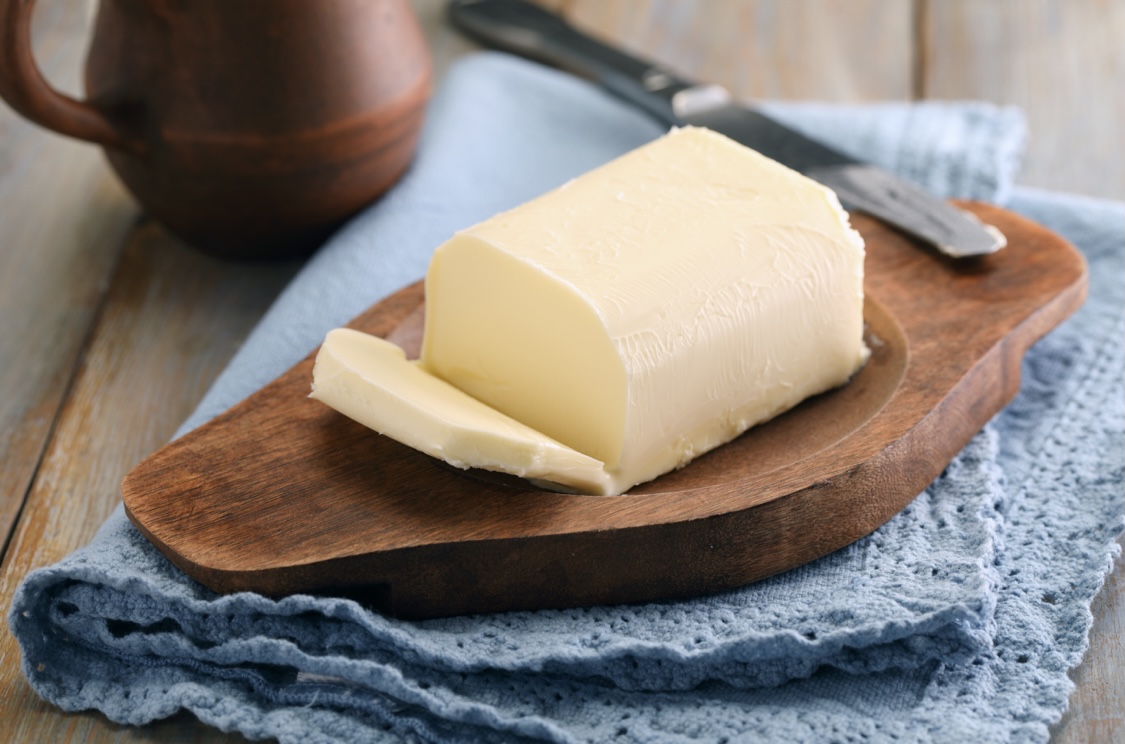
In Canada, a public scandal has broken out. Residents accuse dairy producers of using palm oil, which they call a direct threat to public health, reports the World of NAN, citing the Canadian media.
As it turned out, over the course of several months, thousands of Canadians have been discussing on social media that the butter sold in the country does not soften at room temperature. It's harder than usual and difficult to spread on bread.
After a wave of outrage, food experts tried to find answers and came to the conclusion that it had to do with the use of palm oil to feed livestock.
The fact is that with the introduction of the quarantine last year, many Canadians began cooking at home. As a consequence, the demand for food, including dairy products, increased sharply. According to media reports, demand for butter increased by 12.4%. To provide the population with the products, farmers tried to increase milk production. They started giving more energy supplements to their herds. Experts speculate that palm oil was also introduced into the cattle's diet. It is believed that the cows that consumed it began to produce more milk. It became fatter and produced more butter.
Simply put, palm oil given to dairy cows increased the proportion of saturated fat in the milk compared to unsaturated fat. This explains why butter from cows fed palm oil is difficult to spread at room temperature.
Sources suggest this practice has been going on for more than a decade, but the problem only became apparent since last August, when demand for butter suddenly increased, forcing the dairy industry to produce more milk fat.
Many people wonder why a farmer would use palm oil to increase the fat content, because palmitic acids are not cheap either. However, according to experts, it is much cheaper than increasing the number of cows in the herd.
The media notes that the use of palm oil for feeding animals in Canada is not prohibited. But there is a threat to human health. Doctors argue that it increases risk factors for heart disease. Canadians, for their part, believe they deserve quality products, citing the government's substantial support for farmers. The government issues large quotas for dairy farmers. In recent years alone, $1.75 billion has been allocated from the country's budget to ensure the provision of dairy products.
More recently, the media has reported that complaints from Canadians have been referred to processors and dairy councils. It is also noted that dairy industry leaders have openly acknowledged the problem at industry meetings with hundreds of dairy farmers.
It also turns out that the "strangeness" of dairy products was talked about even before the scandal in Canada. The British Columbia Marketing Council, for example, issued a statement last October that milk has not been foaming lately. That, too, suggests the presence of palmitic acid in the products, experts say.
The presence of palm oil in milk fat can be detected, experts say, but it takes a lot of time and effort. Some Canadian firms are now trying to develop technology that will allow dairy producers to detect palmitic acids in the raw materials they obtain for further preparation of dairy products. But that will take some time. Canadians, meanwhile, are waiting for official statements and demanding that they be shielded from substandard and unhealthy products.
Смотрите больше интересных агроновостей Казахстана на нашем канале telegram,
узнавайте о важных событиях в facebook и подписывайтесь на youtube канал и instagram.









































Обсуждение